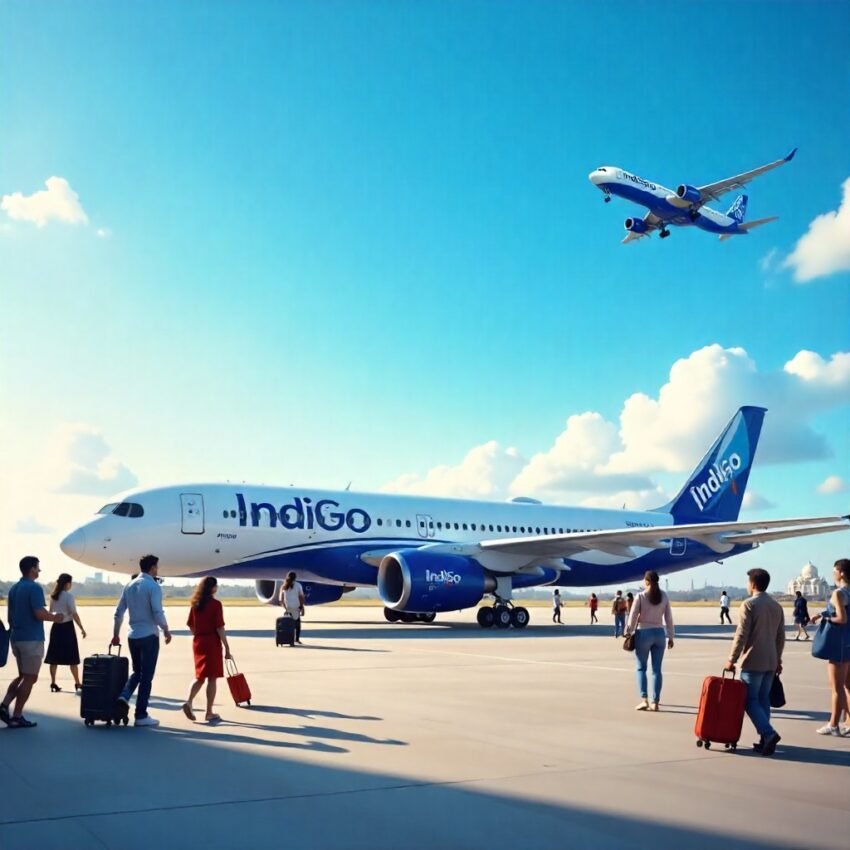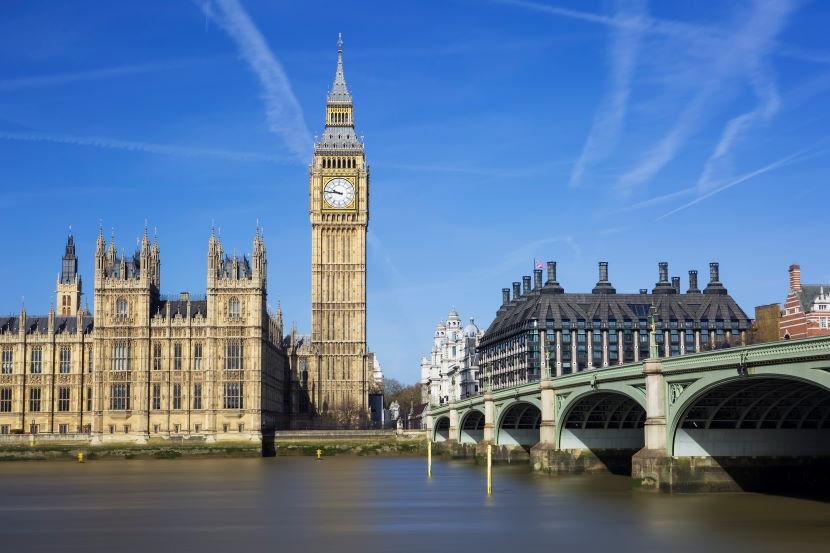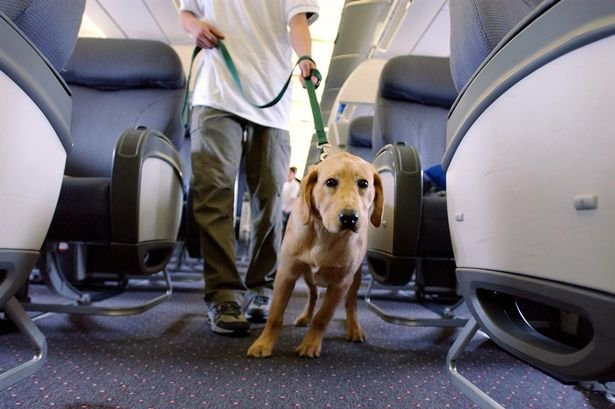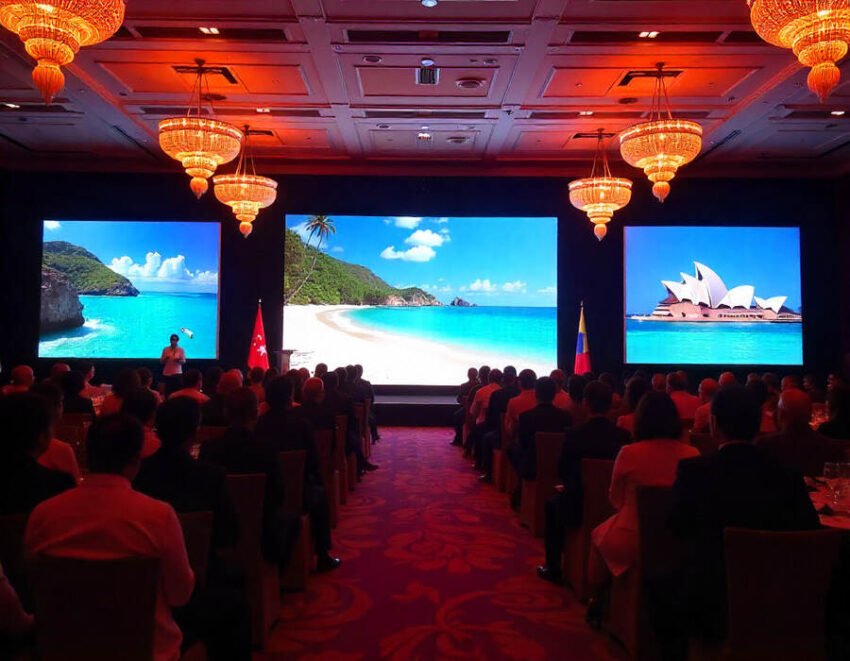Published on
October 17, 2025
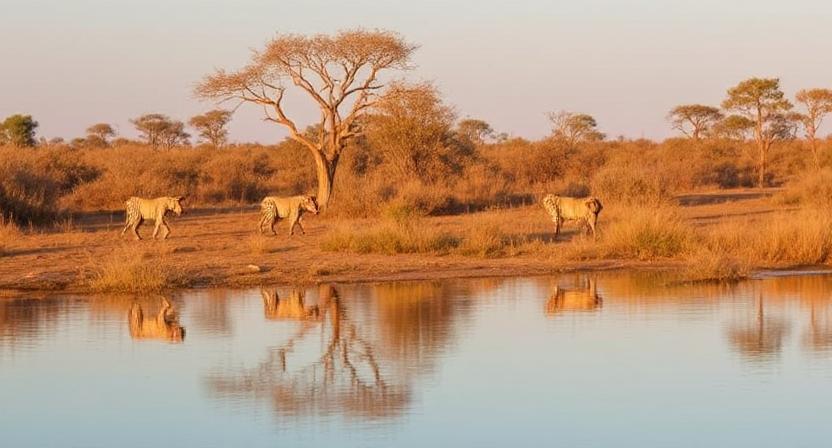
The recent notification that Botswana citizens will now need to secure a visa in order to visit the United Kingdom, from 14 October 2025 onwards, represents a dramatic change for Botswana’s tourism industry. The development has followed the UK government’s move to withdraw Botswana from the visa-free list due to issues related to higher asylum claims and unauthorized migration. The alteration is likely to impact many areas of Botswana’s tourism and business industries, especially demand for travel and global connectivity.
The Ripple Effect on Botswana’s Tourism Industry
For Botswana tourism, the UK has long been a key market for both tourists and business travelers. Historically, Botswana nationals enjoyed visa-free access to the UK, a convenience that encouraged travel for leisure, work, and family purposes. With the new requirement, Botswana’s tourism industry now faces a new set of challenges that could affect the ease with which tourists from Botswana visit the UK.
One immediate concern is that the visa application process could lead to delays and increased bureaucratic hurdles, making travel to the UK more cumbersome. For Botswana tourism, this may result in a reduction in outbound travel to the UK, especially for those looking to travel on short notice. Additionally, Botswana’s travel agencies and tour operators may need to adjust their service offerings to cater to the more complex visa process.
Business Tourism Impact: Challenges for Commercial Travel
For business tourism, the visa requirement could impact business travelers who frequently visit the UK for meetings, trade fairs, and business conferences. As the world’s financial capital, the UK has long been a hub for business tourism and commercial interactions for Botswana nationals. Now, with visa applications becoming mandatory, Botswana’s business community will need to invest more time and resources to navigate the visa process.
While visas may be an obstacle, it also provides Botswana the opportunity to diversify its business travel focus. This shift could encourage greater regional business tourism within Africa, potentially boosting intra-Africa trade and strengthening commercial ties with neighboring countries. Additionally, Botswana may focus on expanding its tourism footprint in Europe, Asia, and the Middle East, where its wildlife tourism products are already gaining traction.
Family and Diaspora Travel: New Challenges and Opportunities
For many Botswana citizens living abroad, especially in the UK, this change will also affect family reunifications and the ease with which they can visit relatives back home. The shift could make it more challenging for those who need to travel frequently between Botswana and the UK for personal reasons. However, it also presents an opportunity for Botswana’s tourism industry to develop more diaspora-centric tourism programs and better cater to global citizens who are keen to engage with their homeland.
For the Botswana diaspora, the need for UK visas may lead to a more streamlined process for travelers heading back to Botswana, creating the possibility for tourism initiatives targeting this global community. As part of its tourism diversification strategy, Botswana could focus on creating family reunion tourism packages or cultural tourism experiences specifically catered to this group.
Expanding Botswana’s Global Tourism Footprint Beyond the UK
While the visa requirements may be a temporary setback for Botswana nationals traveling to the UK, the country’s tourism industry still holds significant growth potential in other regions. Botswana’s pristine natural attractions, such as the Okavango Delta, Chobe National Park, and Makgadikgadi Pans, continue to make it a top destination for eco-tourism and adventure travelers.
Botswana’s tourism authorities can seize this opportunity to rebrand the nation as a world-class tourism destination beyond the UK market. Emphasizing its eco-tourism credentials and unique wildlife safari experiences, Botswana can target travelers from emerging markets such as Asia, the Middle East, and Eastern Europe. Additionally, regional tourism within Southern Africa will remain a strong area of focus, especially for visitors from South Africa, Namibia, and Zimbabwe.
Adapting Botswana’s Travel Strategy for Post-Visa Era
The introduction of UK visa requirements marks a key moment for Botswana’s tourism sector to reassess its travel strategies and explore new markets. Botswana’s Tourism Board and tour operators will need to innovate and adapt, ensuring that the visa requirement does not disrupt the flow of international tourists to the country.
Potential strategies for overcoming the challenges include enhancing marketing efforts in Asia, the Middle East, and Europe while promoting Botswana’s sustainable tourism products. Furthermore, fostering deeper intra-African tourism links could prove to be both economically beneficial and an opportunity for the continent to strengthen cross-border travel and economic ties.
Looking Ahead: The Role of Diplomacy in Shaping Future Travel Relations
Botswana’s government has emphasized its commitment to engage diplomatically with the UK to explore alternative arrangements or to seek a reconsideration of the visa decision. The government’s efforts will focus on negotiations and collaborations with the UK, aiming to balance the needs of travelers with the UK’s concerns about migration. Continued diplomatic dialogue will be essential for finding a mutually beneficial resolution that allows for easier travel while ensuring the country’s border security remains intact.
Adjusting to New Realities and Seizing Opportunities
Botswana citizens traveling to the UK poses immediate challenges, yet it also offers opportunities for Botswana’s tourism sector to expand and diversify. Through an emphasis on regional tourism, eco-tourism, and diaspora outreach, Botswana can secure its status as one of Africa’s leading tourism destinations and continue to draw tourists from across the globe.
Botswana’s tourism stakeholders and authorities will need to join forces and evolve to meet the new realities of global travel, fashion innovative solutions, and preserve the image of the country as a warm and inclusive destination. This transformation will certainly redefine Botswana’s global travel relations, but through effective diplomacy and targeted tourism promotion, the nation can remain an important contributor to global tourism



